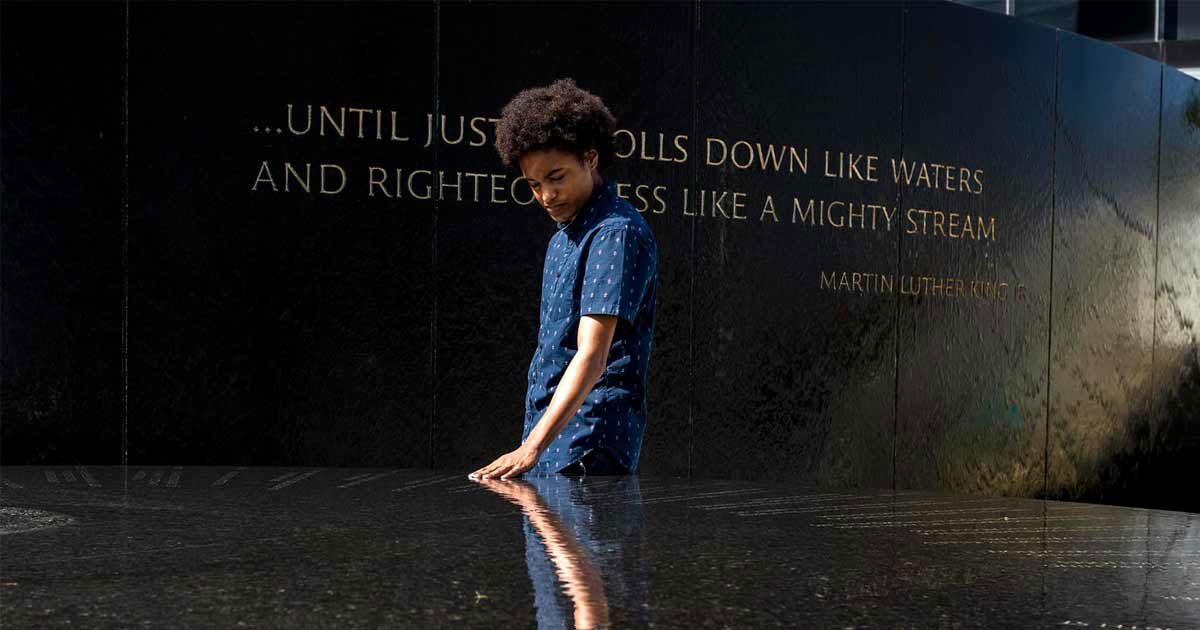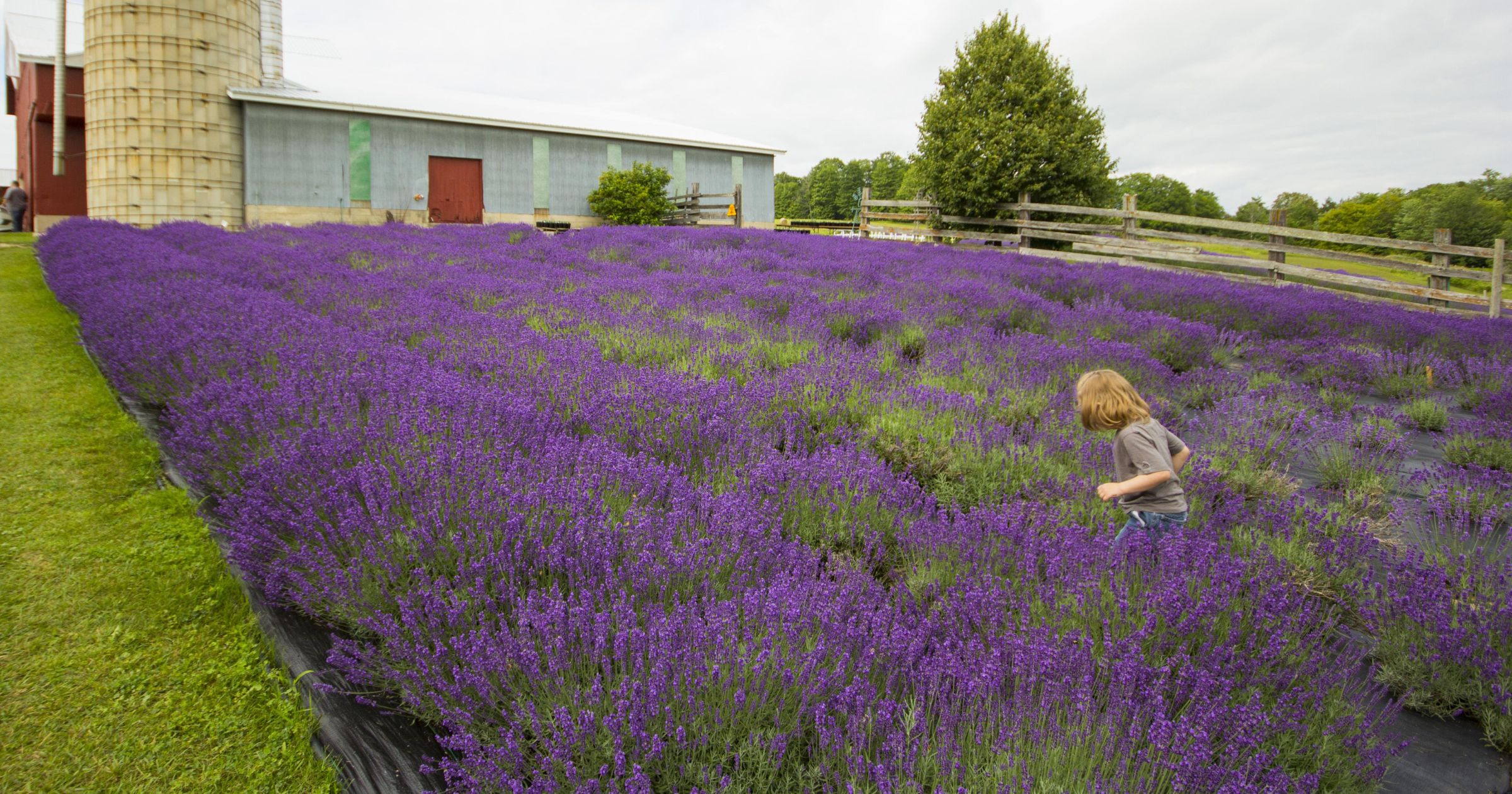Lessons Learned During 2017
Once again, the travel and tourism industry faces both new and ongoing challenges. Travel and tourism cannot be separated from the world context in which they operate. Be that context political states of war, or one of health issues or of economic undulations, what occurs throughout the world touches every aspect of tourism. It is for this reason that every once in a while, it is good for travel and tourism professionals to take a step back and to review at least some of the basic fundamentals of their industry.
The past year once again reminded us that the tourism industry often lives on the edge. It only takes one senseless act of violence or an act of nature to create major problems for the tourism industry. The past year underlined this principle. Not only did the world of tourism have to face acts of terrorism and senseless acts of murder, but in many parts of the world, mother nature created additional challenges. From earthquakes and hurricanes to tornados and droughts, tourism officials had to deal with too much or too little water, with fear and with illnesses. Although there were no pandemics to speak of in 2017, the threat of illnesses hovered over the tourism industry. Additionally, there were potential problems in the food delivery services and contamination of water and food supplies, and lack of good air quality are consistent threats to the industry.
To get the new year off to a great start, let's look at some of the lessons learned from the various challenges that the tourism industry faced during 2017.
In a world filled with stress, it is more important than ever that travel and tourism professionals enjoy what they do and like people.
The tourism industry is never easy and when a crisis occurs, those who are merely working to earn a paycheck are going to resent the many problems faced. People who care about other people tend to handle crises best. Remember that the term hospitality is related to the term for hospital. We are in the business of taking care of others.
Customer service is essential—no matter the crises.
One of the reasons that Texas did so well during Hurricane Harvey is that the state had a tradition of great customer service. The best crisis management comes from teaching everyone involved in travel and tourism to care and to provide the best customer service possible. The better the customer service the higher the probability of lowering stress and finding creative solutions.
Smile! Smile! And then Smile!
Travel and tourism is about having fun, and if your employees and you do not come to work with a smile on your face then it would be better to seek another job. Visitors quickly ascertain our moods and attitudes. The nicer you are, the more successful your company or local tourism community is going to be. Smiling is infectious and no matter the crisis, being gentle, showing that you care, and using a firm and steady voice can help to stop a panic and bring order into chaos.
Develop and know how to use a communication plan.
Things often go wrong when people do not communicate. That means that there must be a way for ambulances to communicate with law enforcement, that people in charge of traffic know where to send people, that there is a single standard of triage for the wounded, and that communication managers do not put out conflicting stories. Know who is to be where, how people are to communicate, and who is in charge of what actions.
Be honest in your marketing.
Good marketing means putting your best foot forward, but it does not mean lying. The moment you lose your credibility you have lost everything. Tell the truth in the best way possible. Give real facts in real time and people will return when the crisis is over.
Remember that tourism is security-dependent.
In a world where one can experience "virtual" travel, where meetings can be held on a computer, and where the traveler is exposed to 24-hour news cycles, our customers know where it is safe and where it is not. Countries such as Turkey and Egypt saw a major decline in their tourism because they were perceived not to be safe.
Human resources are a part of tourism security.
It is essential that you know people's capabilities. Develop lists of who speaks which foreign languages, or who has extra medical or mechanical training. Developing a skill bank is essential in facing whatever you may have to face. Treat your employees well during the good years so that you have established employee loyalty for the lean times.
It is essential that you create a safe and secure atmosphere.
To create such an atmosphere, local security professionals must be part of the planning from the beginning. Tourism security is more than merely having police or security professionals at a site. Tourism security requires psychological and sociological analysis, the use of hardware, interesting and unique uniforms, and careful planning that integrates the security professional into the enchantment experience.
Manage perceptions.
In tourism, a perception may not be true but its consequences are always true. Negative reputations are not easy to erase and negative perceptions can destroy a tourism industry. Too often tourism officials are defensive rather than hearing the perception and seeking ways to change it. Telling a customer, especially during a crisis will only enhance the negative perception rather than eliminate it.
Enjoy what you do!
Tourism is about fun. If you are not having fun, then perhaps you need to seek another job! Go into work every day thankful that you are part of the world's largest peacetime industry; it is one that brings people together, creates jobs, and teaches us that we are all human beings with a story to tell. To make others happy you first have to be happy!
Written by Dr. Peter E. Tarlow, President of Tourism & More, a founder of the Texas chapter of the Travel and Tourism Research Association (TTRA) and a popular author and speaker on tourism. Dr. Tarlow is a specialist in the areas of sociology of tourism, economic development, tourism safety and security.
This article originally appeared on tourismandmore.com.
Photo Courtesy of Jeff Greenberg.



